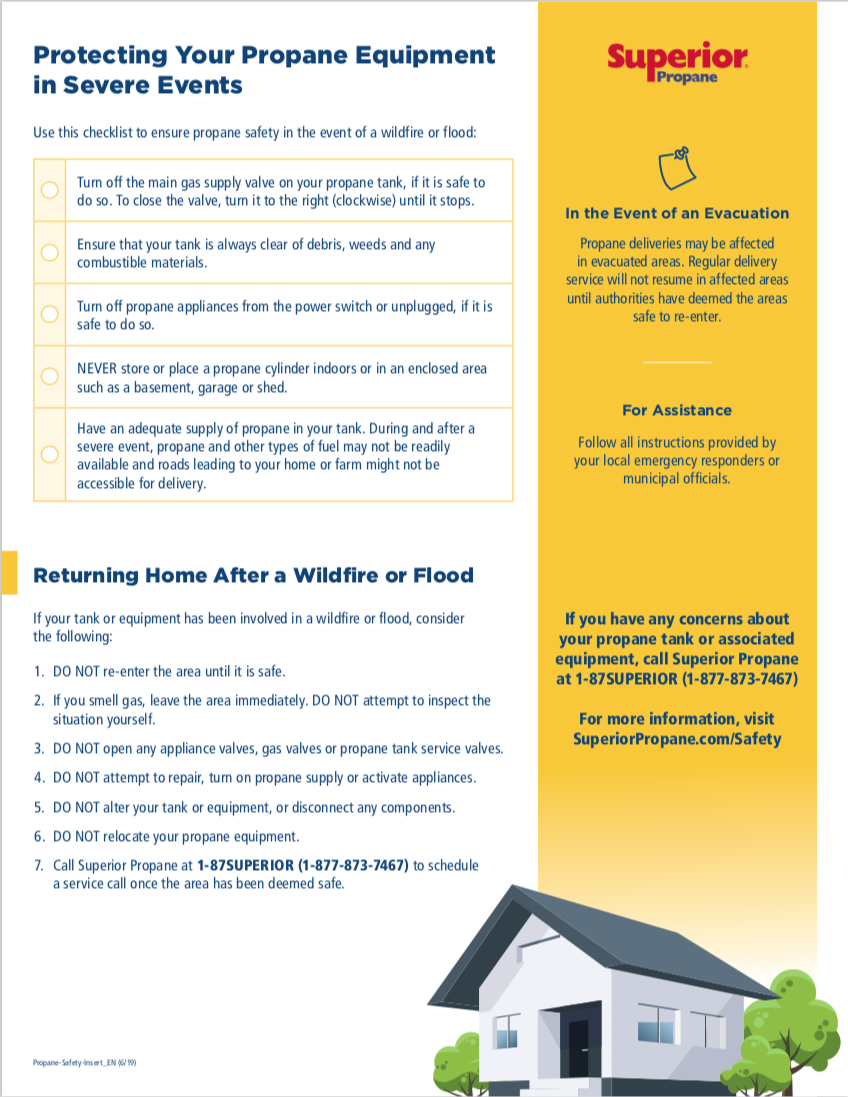Dangers of Propane Gas - Common Causes and What to Do After a Gas
$ 8.99 · 5 (393) · In stock
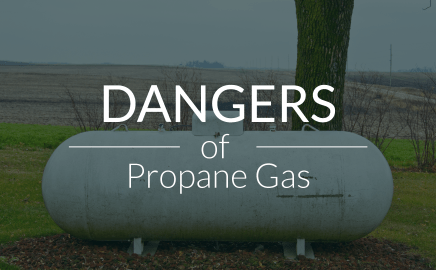
Authored by Kalamazoo injury lawyer, Steve Weston The term “natural gas” actually encompasses several types of gases, including propane, butane, ethanol, and methane. Propane is separated from these other gases and sold for residential and commercial uses. It is naturally odorless and colorless and requires the addition of an odorant so humans can detect it in case of a gas leak. Propane is pressurized into a liquid state for storage and transportation and is therefore called “liquified propane” or LP. Because of this pressurization, even a small discharge of liquified propane will create a serious hazard of ignition or explosion.
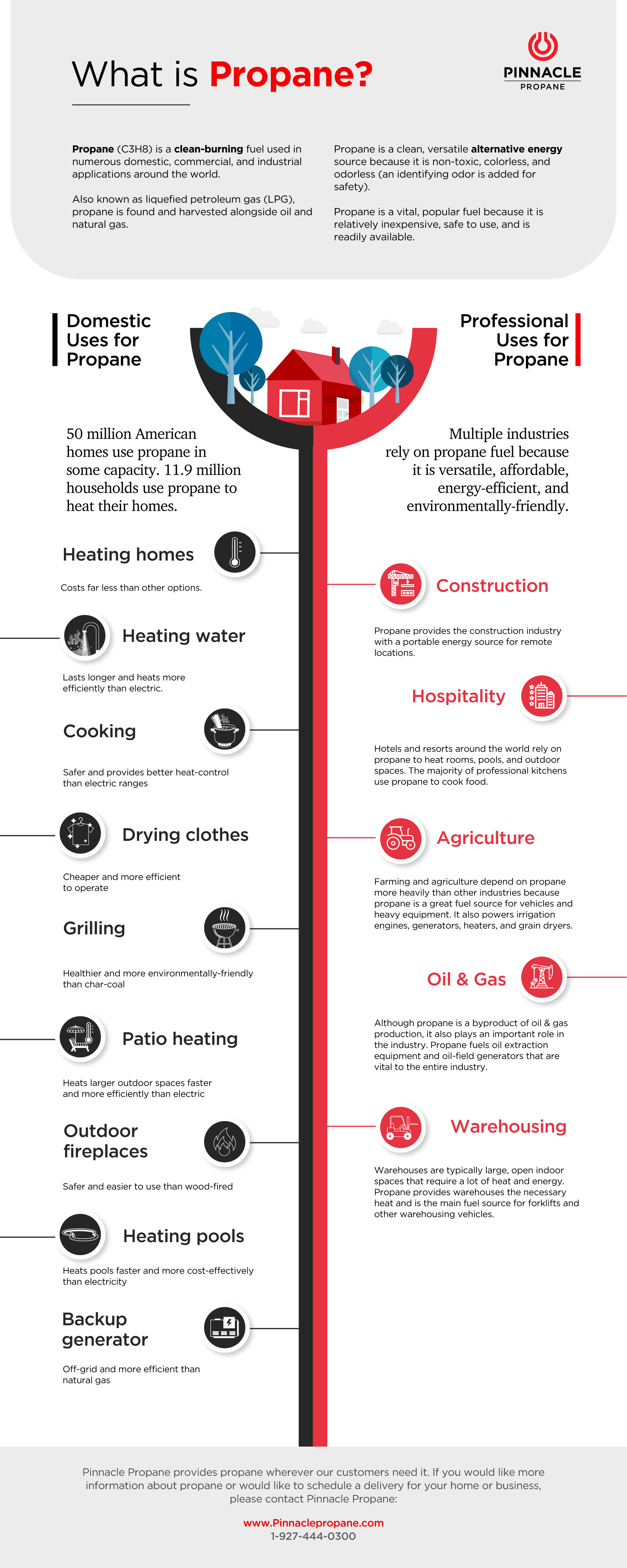
14 Domestic and Commercial Uses of Propane
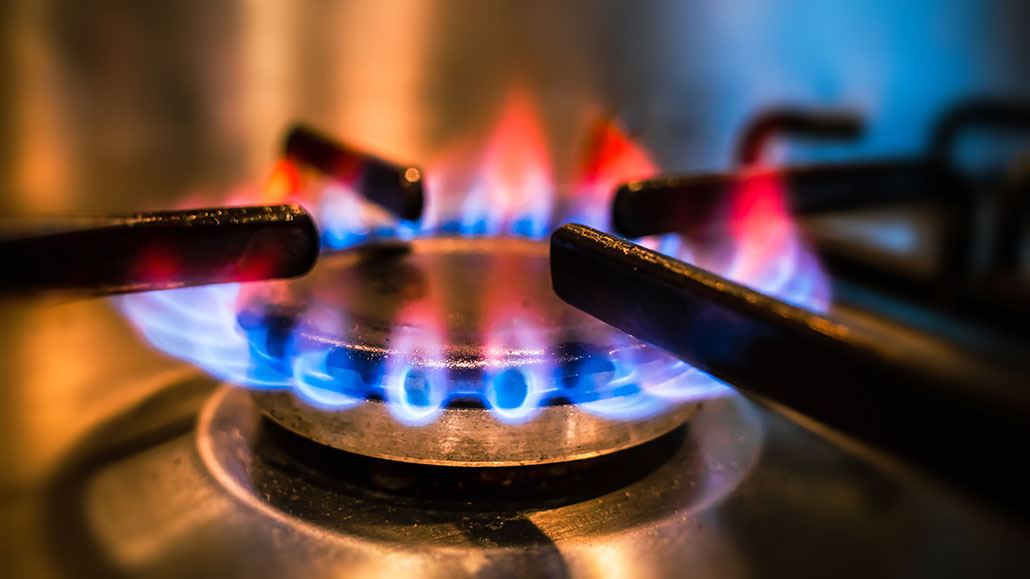
Gas stoves can spew lots of pollution, even when they're turned off
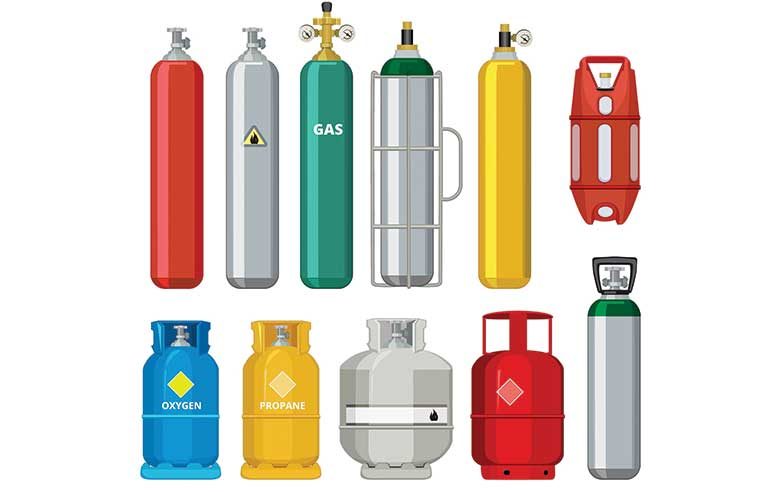
Handling and storing compressed gas cylinders
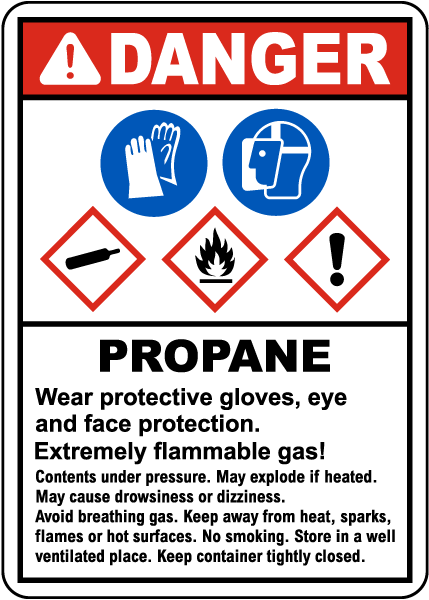
Danger Propane Flammable Gas PPE GHS Sign
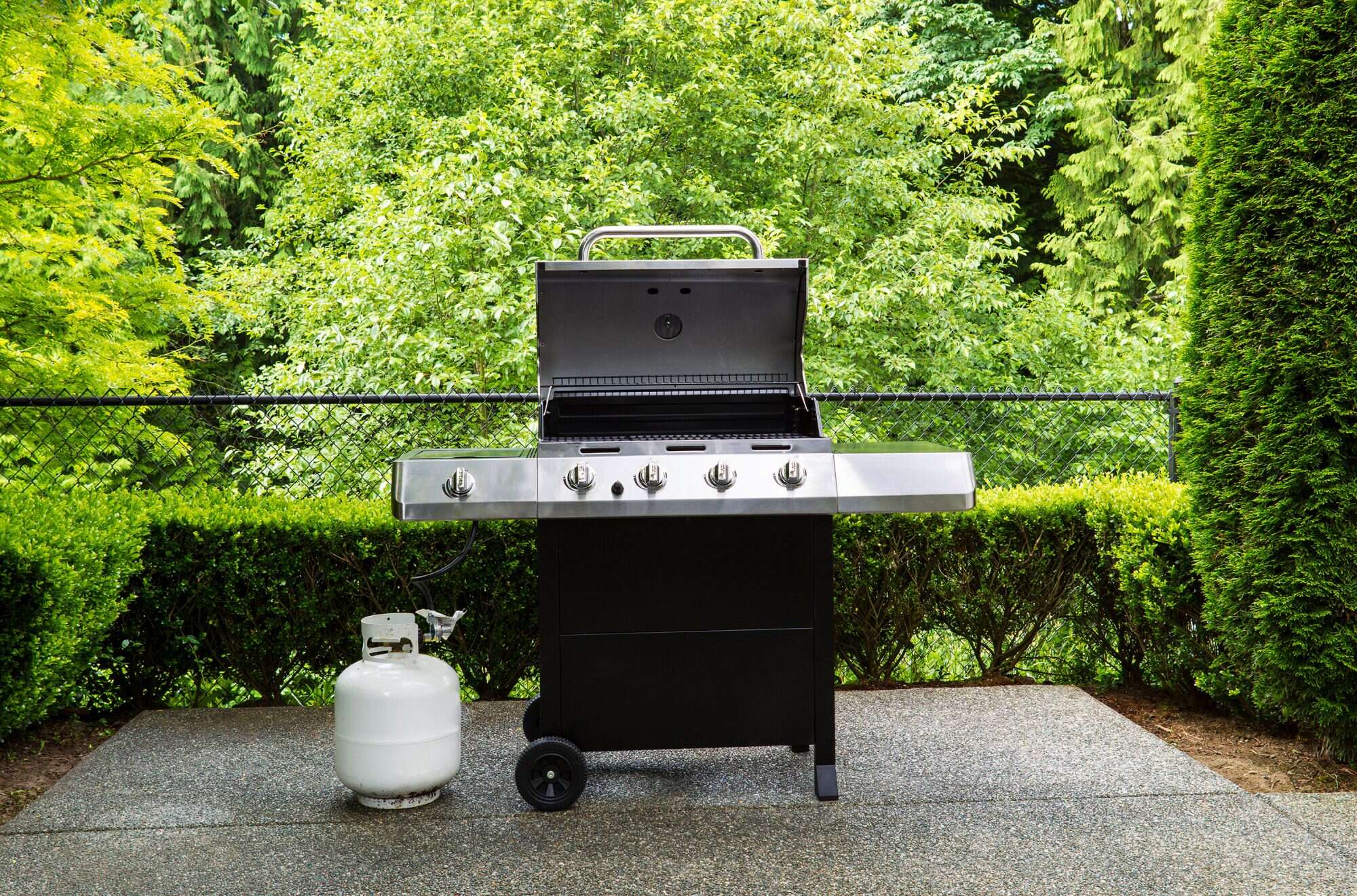
Why Is My Propane Grill Tank Making Hissing Noises?

Propane Leak Safety: 7 Steps To Take If You Suspect A Propane Leak
At Superior Propane, Nothing is More Important Than Propane Safety.

Dangers and Causes of Gas Explosions - Murphy, Falcon & Murphy
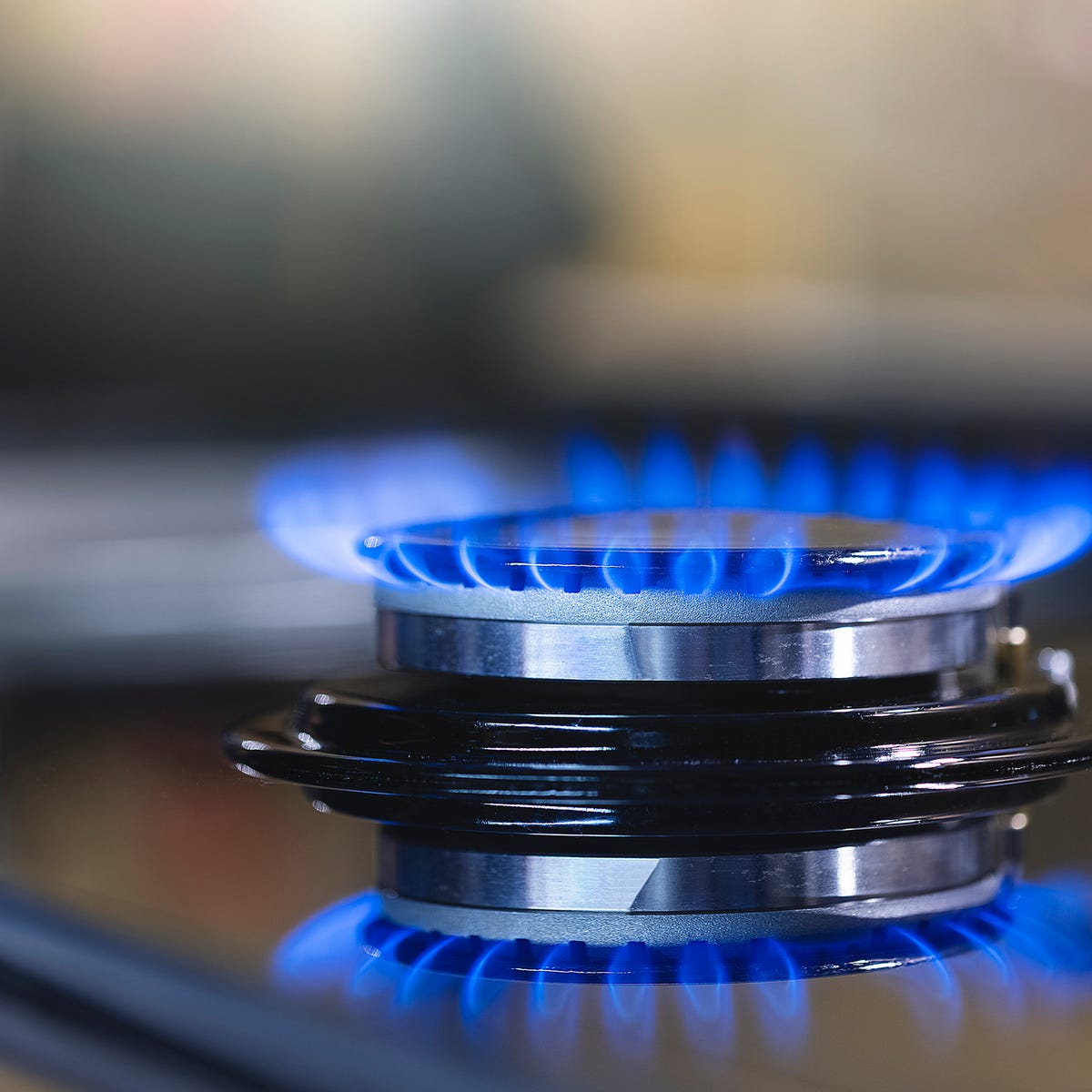
Gas Stove Are Here to Stay, but Are They Safe? Here's What You

Gas Leaks: What Are They, What Causes Them, and What to Do About
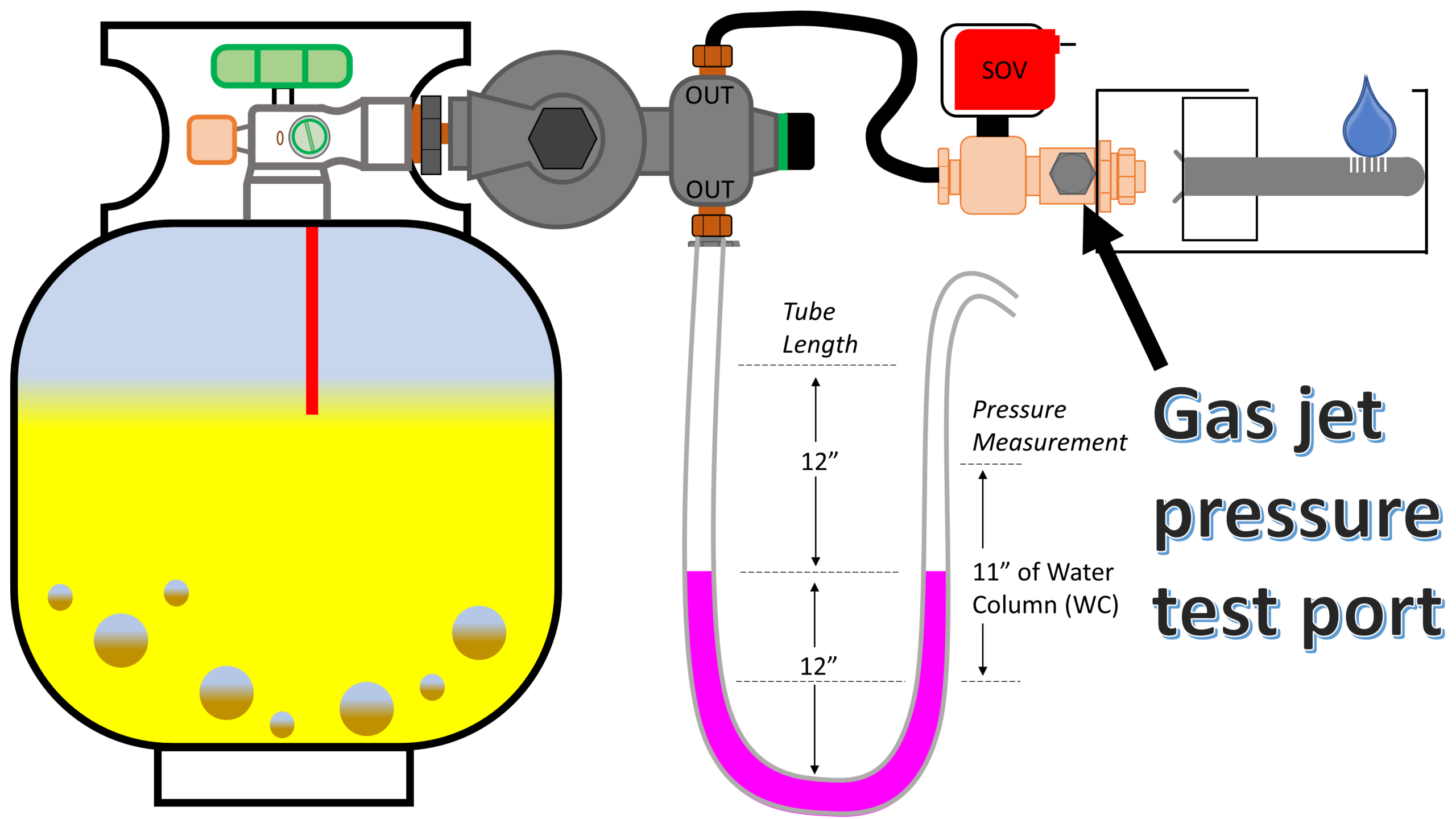
Oil Contamination In LP Gas Systems - Escapees RV Club
